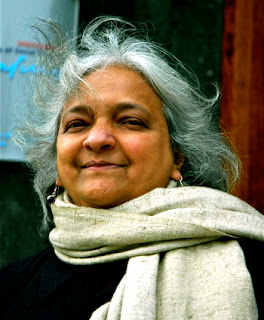Deadline- 15 November 2013
Applications are being accepted for ARThink SouthAsia (ATSA) Fellowship Program which is designed to develop skills, knowledge, networks and experience of potential leaders in the cultural sector of South Asia. The purpose of this program is to encourage applicants for describing their project in as much detail as possible to allow for an understanding of the scope of the project and skills they need to develop for its successful implementation.
The course structure for the fellowship is as follows-
A 2-week residential course from 4 to 18 May: The residential course includes a balance of theory and professional training and consists of five to six intensive modules which embrace the latest thinking in culturalmanagement. The 3-day modules lay the ground work in strategic planning & project management, financial planning, and marketing & communication. These are supplemented with 1-day workshops on cultural policy,fundraising, HR, and digital media. The faculty is a mix of Indian and international professional trainers and academics. Evening lectures are formulated to give the fellows a targeted real world perspective. Participation in the residential programme is mandatory.
- A secondment/internship in Germany/UK/South Asia over the Fellowship year: Each participant is offered a funded four-week secondment/internship best suited to his/her interests and project objectives in a cultural organization in Germany/UK/South Asia during the Fellowship year.
- A concluding seminar in May 2015: The Fellow subsequently attends a concluding seminar at the end of the Fellowship year to present and share updates on his/her project and learnings of the secondment with the new batch of Fellows.
- Independent evaluation: The Fellowship programme (2010, 2011) has been evaluated independently by Sue Hoyle, Director of the Clore Leadership Programme, UK.
Eligibility & Criteria-
- Applications from practitioners working across a wide range of creative and cultural activity, as also from those whoare working outside it who demonstrate knowledge, understanding and passion for culture are accepted. Artists and persons with unconventional careers and experiences are also invited to apply.
- Minimum graduate degree from a recognized university or equivalent professional qualifications and experience of at least 3 years either in employment or freelance
- Submission of an on-going project
- Two letters of recommendation (from educational/professional sources)
- Open to South Asian residents only
For more information, visit this link



